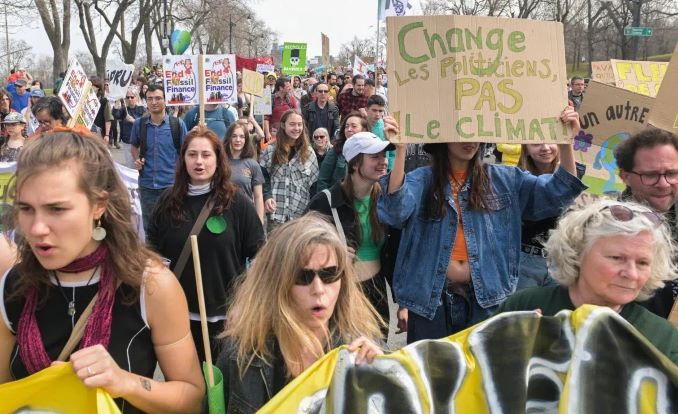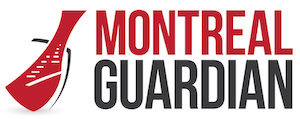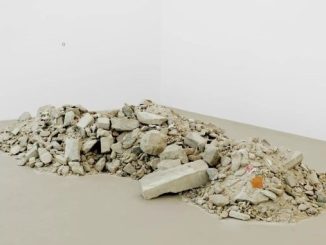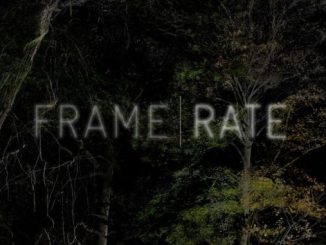Societal dialogues help us look at different points of thought, from things like objective views to subjective studies. Looking at two polarizing sources, comparing a government plan to a semi scholarly social critique gives us the chance to see these subjective and objective ideals and goals. Societal dialogues of different discourses, like articles, are Montreals’ internal connections, and show the relationship between personal and objective relationships. This looks at what’s going on inside our lives to understand ourselves, or our cities. Some perspectives are important, some are just relevant, but some are necessary to see what is going on. The government plan, on the Montreal website, compared with an ecological critique stressing different aspects of earth’s ecology to compare a social environmental range of productivity and positivity. The focus on the Montreal critique is from a great journal of ‘ecosophy’, the study of ecological philosophy by seeing how they line up, and at what points one is more beneficial gives us the chance to make changes where we need to. These generalizing views help us make better judgements, and a better world. It also gives us a timeline of plans for before, now, and for the future. Montreals’ ecology critique stresses important humanistic ideals and plans, and reflects a subjective and objective outlook from Montreals’ perspectives on humanity. Of this ecology, Montreal pronounced a strong emphasis on the study and use of critical ecology in our daily lives and plans.

The connections between people in relation to themselves or the world maintain themselves through different societal criteria. It’s important for things from reflection to revolution. The social planning of Montreals’ ‘Ecological Transition’ shows the government’s progressiveness, but the plans for 2030, and 2050 might be a far stretch. The ideas of ecosophy are positive but reflect a social stretch of academics turned around by redefinition, which is also a lengthy process. Both have immediate, positive impacts, but what kind of things, from specific goals of action to words have the best contemporary interventions? That’s something we always monitor, so the conversations and studies reflect different directing approaches.
A lot of thought tends to attempt to critique some sort of societal contemplation, whether it’s a fact or an emotion. Both in the qualitative or quantitative ideas of it, it reflects things that are presented to our world. Presented to us thoroughly, it’s easy to understand, reflect, and critique the way we look at things and what our views are made of. In Montreal, the different dialogues help us to look at the critical contemporary views of the world. Reflecting on both Montreal is in its own respect and in regard to the rest of the world. It revelates on some aspects like social composure, and geological innovation or focus. It also revelates on some other important ideas like where are we heading with these ideas individually and how can we all objectively converse or conclude them. The articles shown present important topics that keep being studied with a goal, or some sort of answer. It’s important because throughout these topics we can keep in mind everything about them. These reflections or reviews help us look at the critiques and studies, and vice versa.
It’s good to see the dialogues of people from different levels of society, and the objective view society has to best reflect on the input and output of Montreal. The environmental journal of the Trumpeter which maintains many different journals from Montreal focuses on the subject of ecosophy. Its’ philosophical inquiry looks at the different aspects of ecological relationships and knowledge. Relating its’ study to many other disciplines in pursuit of our expertise and our methods of things from natural science to economic production, it tries to reveal and create good. What it changes helps things like economic assimilation or minotorization of people. Reflecting then the goal of their journals, and seeing what the government has planned is a positive, resulting comparison. It tries to use things from things like the need and the wants of people to assess how we do things. Studying this by reflecting helps us look at how to continue writing on, and what we need help on showing what to do, or how to critique this ideal.
All together or individually they present, in different ways, the different qualities or measurable factors of life. From ecological transition to the study of ecosophy, they’re effective in great ways. They are presented together to show that the different articles here show the nuanced society changing from forced cultural resignation to contemporary integrity. These emotions are important expressions societally, both objectively and subjectively. Personal dialogues in people’s lives help to create relationships between people.
The relationship of people to the world is created a lot by what we do, not what we say we’ll do, or even sometimes think we’ll do. The impact of everybody’s actions in turn makes these other actions we make, so in turn, we each help create the world, or influence it in one small way, every small action at a time. Reading what we think we think really helps us view things from a larger audience of ourselves. Everybody’s’ influence, from children learning it, looking at it socially to learning about society over again, but less through, rather instead themselves, as their older. These views shape us like seeing a plant, or learning a word; they are the image we envision the world with, and the perspectives that keep them that way.
Montreal Governments Ecological Transition Plan for 2030 and 2050
Ecological Reviews in Montreal




